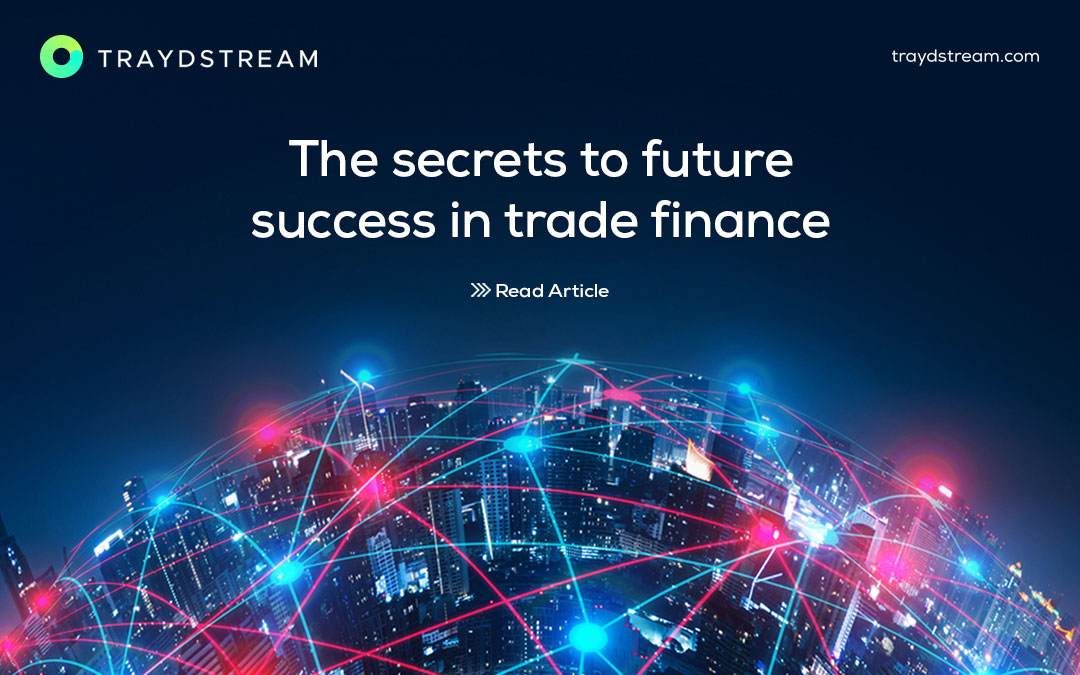
Last week, Global Trade Review (GTR) published the transcript of a round-table talk conducted by Shannon Manders with James Binns – global head of trade and working capital at Barclays; André Casterman – founder and managing director, Casterman Advisory; and Patrick DeVilbiss – director and senior offering manager, trade and supply chain solutions at CGI. Their discussion surrounded the future of Trade Finance Ecosystems and provided expert insight into what they see as important movements within this industry.
We were particularly interested in the changing landscape of Trade Finance and the increasing integration of technology solutions, the need for widespread acceptance of Application Programming Interface (APIs) to propel operations and mitigate costs which end up effecting consumers and driving efficiency for the purposes data collection and transparency.
The points made really did reinforce our platform’s raison d’etre – Traydstream, as both necessary and progressive. We are genuinely excited by the prospect of partnering with more complementary trade solutions to provide true value-added solutions within the Trade ecosystem. Today we have many compliance partners who access all their data, and review in depth their transactions on our platform. They can do this at the same time that they are document checking – it is so easy to use. We see these partnerships increasing as more clients look for end-to-end solutions.
Here are some of the key highlights and quotes from the roundtable talk that we felt resonated with our views and thoughts:
Automation is not only about saving immediate costs, it’s also about improving the efficiency of processes and the speed of transaction times, which will benefit clients in the longer term.
Moreover, automation significantly cuts down on the amount of working capital companies need, and also reduces the costs required to fund supply chains.
All of these savings filter down to the end consumer, which is particularly critical today given the current inflation surge.
The use of APIs [is important because of] their ability to extract value out of the vast amounts of data that exists within the global trade ecosystem and which is often integral to banks’ decision-making processes.
More data allows us to make better, quicker decisions, which not only makes for safer portfolios, but also enables banks to fund deeper into supply chains. If more and more banks harness this kind of technology, we’re talking about moving closer to closing the much-referenced US$1.7tn trade finance gap.
It’s worth adding that working within fintech communities also allows established fintechs with advanced standards of operating to create a bit of a buffer between our banking partners and some of the more cutting-edge fintech companies in the market.
Lots of great ideas from the esteemed panel as Fintecs start to mature and we wanted to thanks @Global Trade Review (GTR) for sharing insights of an excellent round table and of course to the participants for their transparent and inspiring views,
—
Check out the full article here.



